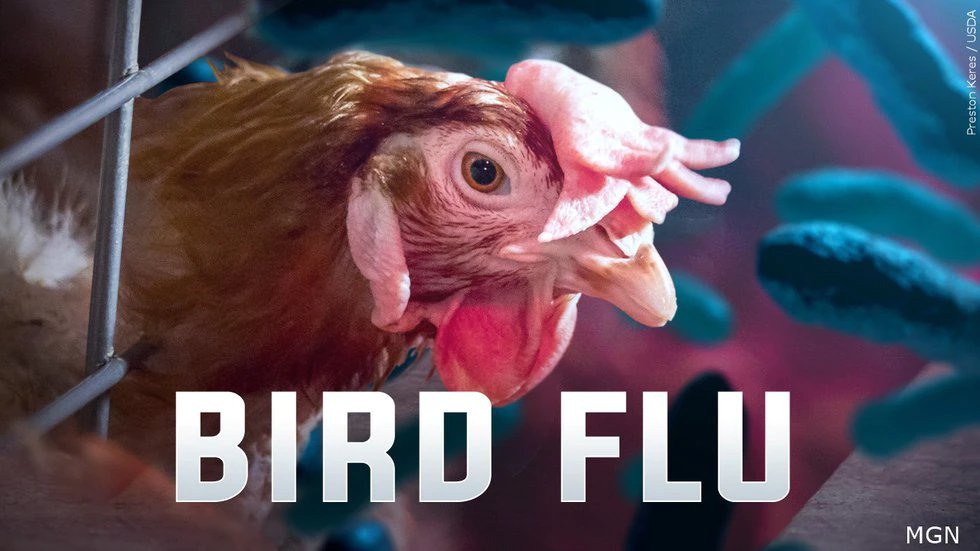
Halifax’s Environment and Sustainability standing committee met Thursday, July 7 to discuss two motions. One about Floating Yellow Hearts in Little Albro Lake and one about making city green spaces less grass and more natural plants.
But before the committee debated those two motions they got a presentation from Natasha Tucker, the executive director of Mind Your Plastics. Her charity is dedicated to eliminating plastic pollution in Canada.
She laid out some stark facts: 90% of the plastic we put into recycling bins doesn’t get recycled. Every minute a dump truck full of plastic enters the oceans. It’s grim.
“We’re in a linear economy,” says Tucker. “Which is really focused on a take, make and dispose. So there’s a ton of resources that go into creating the products that we use, and then ultimately use for a very short period of time and dispose of.” She asked the committee to consider a motion that bans single-use or disposable items at municipal-run events because every city generates 20,000 tonnes of waste every festival/event season.
There is a hesitation by political leaders to do more than a plastic bag ban. “I was at a conference with many municipal leaders,” says Tucker. “Talking about plastic-free event policy or plastic pollution-free event policies and whatnot was like, ‘Well, we banned single use plastic bags so…’ I’m like, okay, but what’s next?”
For councillor Shawn Cleary, what’s next is a plan to put forward a motion to get a staff report on how HRM can legislate plastic-free events.
The committee also heard a motion from councillor Sam Austin to trial a pesticide in Little Albro Lake to get rid of the invasive Floating Yellow Hearts. This will require approval from the federal and provincial governments, so staff will come back to the committee with a plan when the pesticide use is approved by the other levels of government.
Finally, the city has been doing a pilot project on naturalizing green spaces. Naturalizing means putting native plants in instead of the boring monoculture grass that’s been common since the colonization of Canada. The pilot project went well, and the committee wants to expand it all over the city, to the tune of $150,000.









